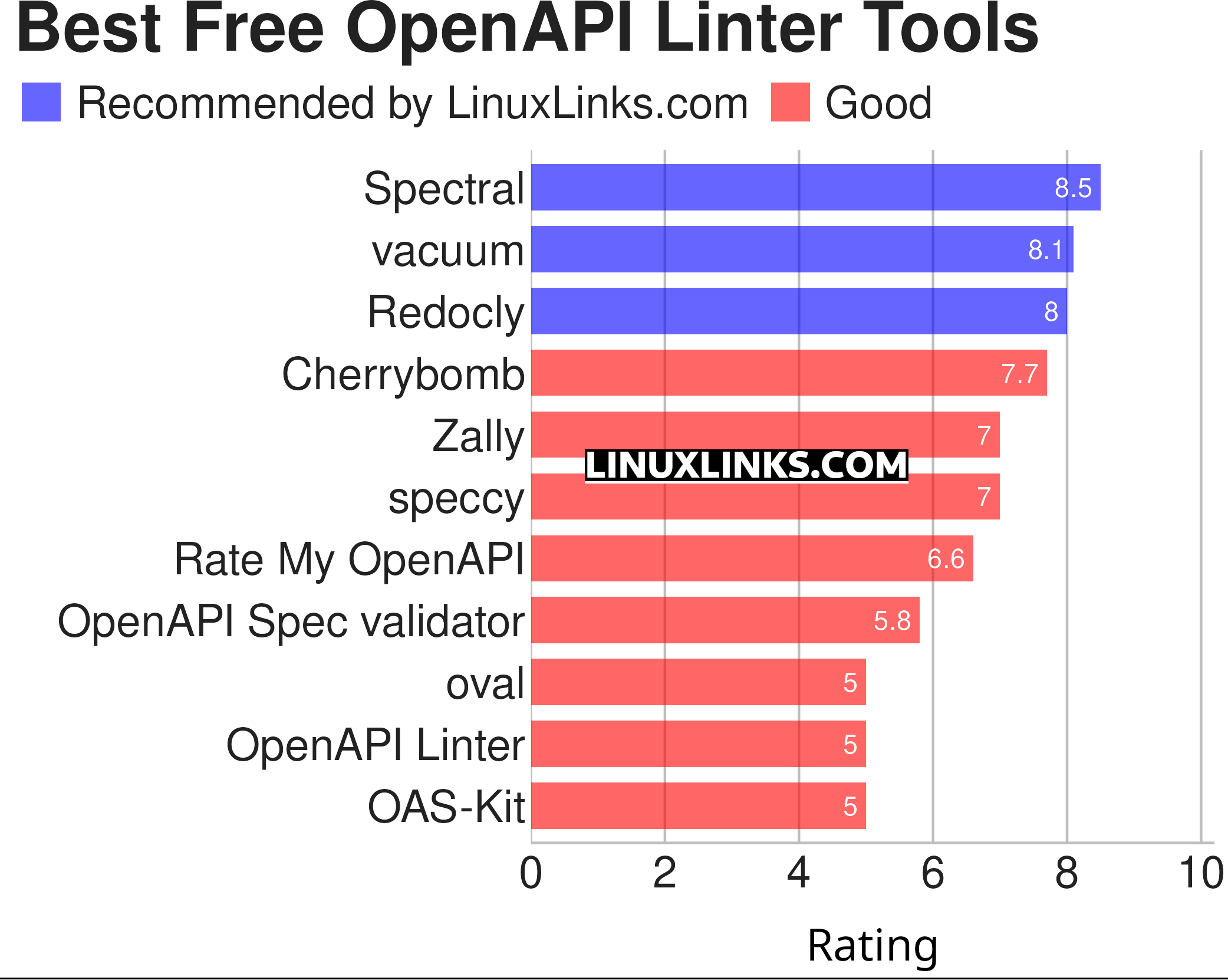A linter is a tool used in software development to analyze source code for potential errors, stylistic issues, and adherence to coding standards. It essentially acts as a static code analyzer, examining the code without actually executing it. Linters help developers catch issues early in the development cycle, improving code quality and maintainability
Linters are useful tools for maintaining code quality and consistency in your OpenAPI projects. They analyze code for potential issues, enforce coding standards, and help catch errors before they are pushed into production. Linters are not necessarily a quick fix, can be a distraction, and it’s not inconceivable that they may not be helpful with old, large code bases.
OpenAPI is an industry standard to describe HTTP APIs. When using OpenAPI in your project, you can leverage other tools to help you generate documentation, code, tests, mock results, or even deploy your API. This article picks some useful tools to help you validate OpenAPI in your project.
Here’s our verdict captured in a legendary LinuxLinks-style ratings chart. Only free and open source software is eligible for inclusion here.

Click the links in the table below to learn more about each tool.
| OpenAPI Linters | |
|---|---|
| vacuum | OpenAPI and Swagger linter |
| Spectral | Fexible JSON/YAML linter |
| Redocly | All-in-one OpenAPI utility |
| OpenAPI Linter | CLI and a Node.js library |
| Cherrybomb | Audit, validate, run API tests |
| speccy | Enforce quality rules on your OpenAPI specifications |
| OAS-Kit | Convert Swagger 2.0 definitions to OpenAPI 3.0 |
| Zally | Minimalistic, simple-to-use API linter |
| OpenAPI Spec validator | Validates OpenAPI Specs |
| oval | CLI for (O)penAPI Specification document (val)idation |
| Rate My OpenAPI | Improve the quality of your OpenAPI specifications |
 Explore our comprehensive directory of recommended free and open source software. Our carefully curated collection spans every major software category. Explore our comprehensive directory of recommended free and open source software. Our carefully curated collection spans every major software category.This directory is part of our ongoing series of informative articles for Linux enthusiasts. It features hundreds of detailed reviews, along with open source alternatives to proprietary solutions from major corporations such as Google, Microsoft, Apple, Adobe, IBM, Cisco, Oracle, and Autodesk. You’ll also find interesting projects to try, hardware coverage, free programming books and tutorials, and much more. Know a useful open source Linux program that we haven’t covered yet? Let us know by completing this form. |

